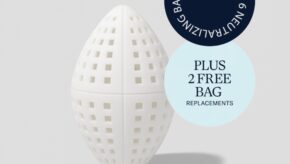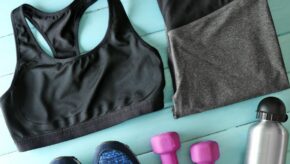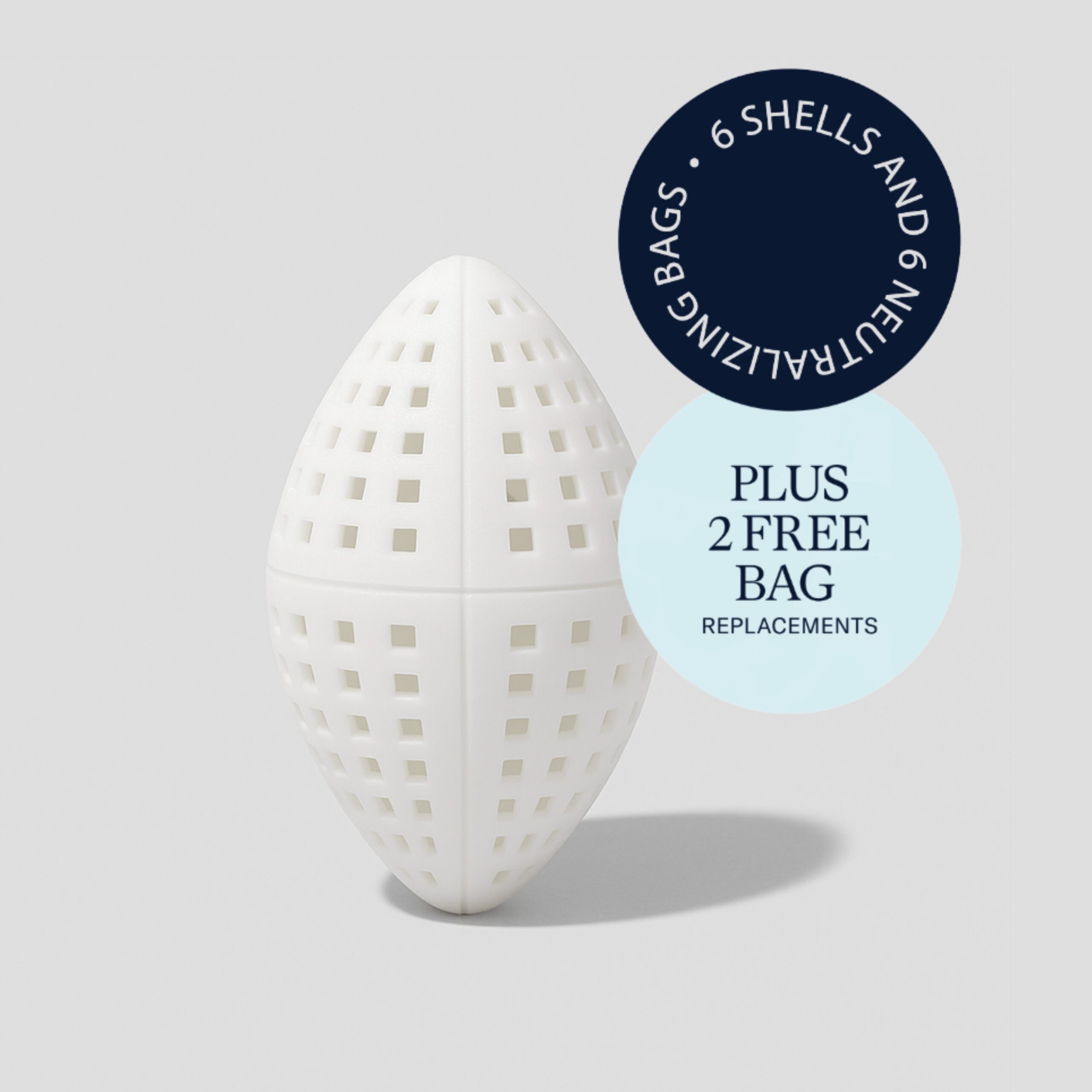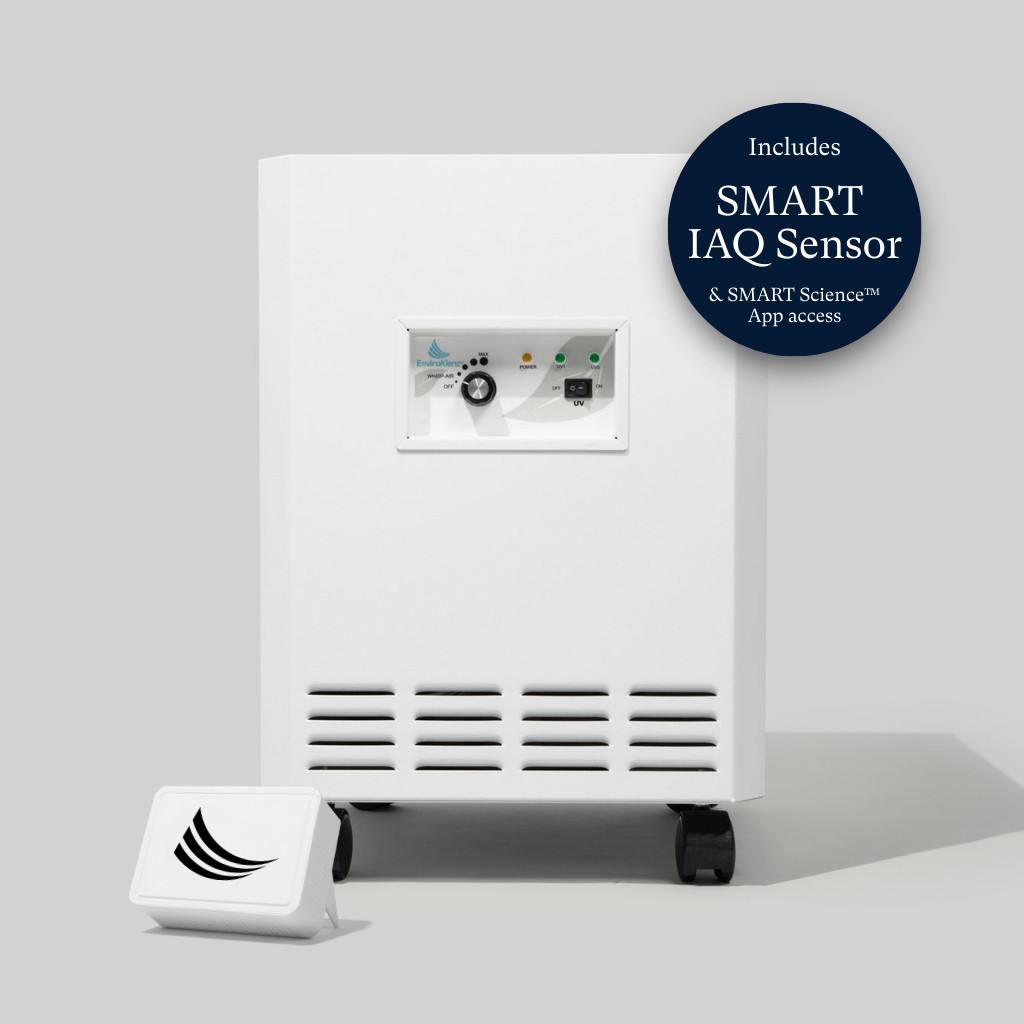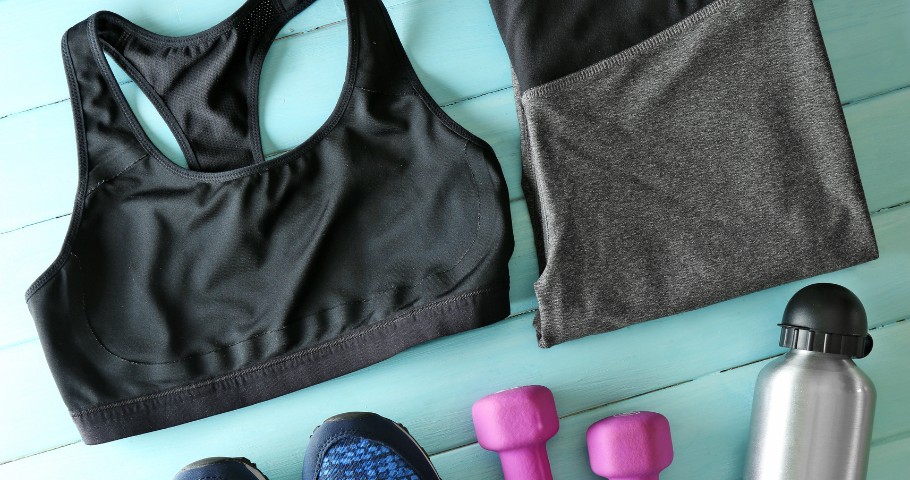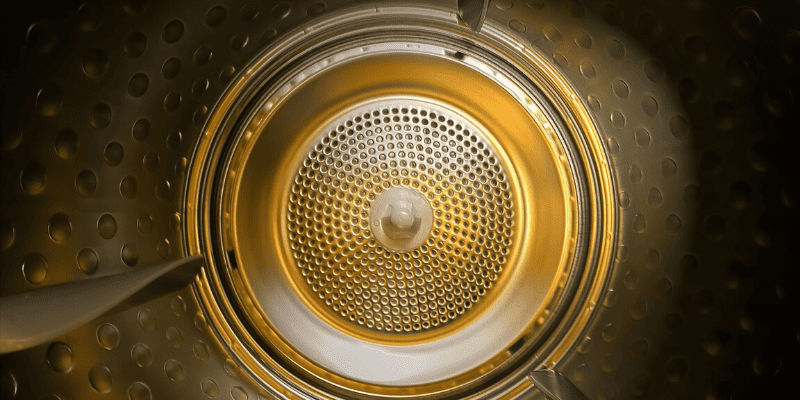Dryer sheets are among the more popular laundry care items that are used to do laundry. It can provide various benefits to your clothing like softening the fabric and reducing electric static on the material. Although dryer sheets provide benefits to the clothing material, it can also cause issues to the clothing material, the dryer, and even impact human health by sparking allergies/asthma in some cases.
Laundry dryer sheets are composed of different types of chemicals and these chemicals can be potentially hazardous to your clothing and even to the health of those that are wearing the clothes. When placed on the skin, these chemicals will become absorbed and eventually get into the bloodstream. Because this can adversely impact health, the use of dryer sheets may be something that should be avoided especially for those who suffer from asthma and allergies.
In this article, we are going to learn more about dryer sheets and how they affect your clothing and your health and discuss what is the best alternatives to dryer sheets in your laundry cycle.
Why use dryer sheets
This powerfully effective and versatile laundry product can provide an array of uses and benefits to your clothing while undergoing the laundry process – and some people may even use the dryer sheets to simply add a fresh burst of scent onto the clothes! Although these dryer sheets seem like a must for all laundry cycles it is important to avoid using them with every laundry load – as some fabrics like moisture-wicking clothes will have an adverse reaction to the chemical dryer sheet and your dryer may even be affected after heavy use.
Additionally, dryer sheets can even be used outside of the laundry care routine of the dryer, it may be used throughout the home to perform a variety of different functions such as dusting, freshening up stinky drawers, and any other places that contain a hidden odor that has tainted the space.
How do dryer sheets work
Something that we often don’t think about before using dryer sheets in the laundry cycle is how do they work and what are they really made of. The answer is an array of different chemical agents that give the dryer sheet it’s a wide array of capabilities. Most dryer sheets are tiny pieces of fabrics constructed of non-woven synthetic fabrics, these fabrics are put through a treatment process where they are coated with a solution of a quaternary ammonium salt or a silicone oil-based fabric softener, according to The Spruce. When these dryer sheets are placed in a heated-environment like a dryer, the heat will soften the fabric softener on the dryer sheet allowing the treated coating to spread to the fabrics within the dryer – and this solution is what makes the fabrics soft after the laundry process while also fighting off static electricity during the drying cycle.
Dryer sheets allergies
Have you begun to notice that your experiencing what seems like allergic symptoms like rashes on your skin and even trouble to breathe? It has been found that some individuals are sensitive to fabric softeners and dryer sheets, as these popular laundry care products can cause itchy, irritant reactions to human health.
Allergic dermatitis is just one of the many potential hazards to using dryer sheets, and if you are someone who experiences this type of allergic reaction to dryer sheets or other laundry care products it is best to avoid the use of these products. Many people who struggle with these sensitivities will use non-toxic solutions that use less or no chemicals or masking agents, as the heavy use of chemicals in dryer sheets is usually the main cause of allergic dermatitis reactions.
Chemicals in dryer sheets
There are many different chemicals that are used in the construction of dryer sheets that allow it to work in certain functions on the material of the clothing, however, these chemicals can be hazardous which makes the use of these products unfavorable for many individuals. According to a study conducted by the Environmental Working Group, they found that of 171 studies, 83.33% of fabric softeners got either a D or F rating due to the chemical composition and construction of these products.
The most common ingredients that are found in dryer sheets and fabric softeners include the following;
A chemical that is used as a fragrance agent in many fabric softeners and dryer sheets – this is a colorless liquid that has a flowery scent similar to Jasmine. This chemical compound has been linked to many health issues like pancreatic cancer, and other less serious health effects like eye and respiratory irritation.
A colorless liquid that contains a strong citrus smell when utilized in household products like dryer sheets. The most common household products that use limonene include fabric softeners, shaving creams, bar soaps, disinfectant sprays, and colognes. This chemical can cause irritation of the eyes, skin, throat, and nose, and this chemical is a known carcinogen.
Alpha-terpineol is a chemical that is a combustible liquid that is packed with a gentle lilac scent that is favored for use in fabric softeners and dryer sheets. The Environmental Health Network has found this chemical to cause central nervous system disorders, hypothermia, headaches, depression, and other irritation to the body in some cases.
Ethyl acetate is a sweet-smelling colorless liquid that is used as a solvent and aromatic agent. Ethyl acetate has several health risks associated with it including kidney and liver damage, respiratory tract infections and anemia.
How to Get Rid of Chemicals in Your Laundry
All these toxic chemicals that can be found in dryer sheets certainly sound scary, which is why it is best to eliminate them from your everyday laundry routine. A healthy habit to implement into your routine to remove everyday chemicals found in perfumes, deodorants, and cleaning supplies that make their way onto your clothing is to use a non-toxic laundry additive to remove odors and chemicals. The improved EnviroKlenz Liquid Laundry Enhancer has been redesigned to do just that. While its well-known, efficient earth mineral technology remains the same, EnviroKlenz has improved its formulation and replaced its former packaging with sustainable materials to not only be safe for your skin, but safe for the planet, too.
This hypoallergenic formula works to capture and neutralize harsh odors and chemicals straight from their source, which is especially valuable to those with sensitive skin. Gentle and free of any chemicals, fragrances, or toxic fillers, this laundry odor eliminator additive is a safe option to replace your dryer sheets with to remove lingering clothing odors. This essential item can be purchased on Amazon, or straight from the EnviroKlenz website!
Are dryer sheets bad for clothes?
The use of dryer sheets frequently in laundry loads can start to deteriorate the clothing and leave behind thick residue on the material which can make it stiff and hard. The type of materials that you expose to dryer sheets is important, as there are several fabric types that can be damaged from the use of dryer sheets on the material. One type of clothing fabric that you do not want to use dryer sheets on are synthetic fibers – this material is commonly used in moisture-wicking clothing. Additionally, microfiber materials, lingerie, sleepwear, and swimwear should not be exposed to dryer sheets, as the chemicals used in this laundry product will unfavorably react with this clothing material.
If you find that you are washing these specific fabrics that are known not to interact favorably, it may be necessary to find alternative dryer sheets that contain fewer chemicals that will not negatively impact the fabric material. Below we are going to learn different alternatives to dryer sheets that are safer to use on delicate fabrics and for those that have sensitivities to the chemicals.
EnviroKlenz Laundry Enhancer for chemical removal on fabrics
The EnviroKlenz Laundry Enhancer is a safe and effective laundry enhancer that removes stubborn laundry odors such as musty & mildew smells, fragrances from detergents, fabric softeners, and dryer sheets, perfume smell and scent, etc. The EnviroKlenz technology contains patented earth minerals that work to capture, contain, and neutralize a broad spectrum of noxious and toxic chemicals and odors from any source including clothing fabrics by using the specifically designed EnviroKlenz Laundry Enhancer. This laundry enhancer works alongside your normal everyday detergent to enhance its ability to remove those tough chemical odors like those left behind from dryer sheets on clothes.
The EnviroKlenz Laundry Enhancer is safe for use on cotton, personal delicate, nylon, polyester, spandex, washable lace, washable rayon, washable wool, and all other washable fabrics. Not intended for use with bleach or on dry-clean-only fabrics, leather, satin, silk, and suede. This product is safe for the environment, made from proprietary materials. Safe to use in High-Efficiency washing machines.
Laundry Enhancer Liquid
✓ Works to remove chemical & malodors from all machine safe fabrics
✓ Easy and effective application, used in conjunction with a non-scented laundry detergent
✓ Patented earth mineral technology works to attack VOCs and break them down on a compound level
✓ No chemicals or masking agents
Article Sources:
- Cleancult: What Do Dryer Sheets Do? (link)
- The Spruce: What Dryer Sheets Do to Your Clothes and Dryer (link)
- WebMD: The Dirty Dozen: The 12 Most Common Skin Irritants (link)
- Environmental Working Group (EWG): Fabric Softener (link)
- Out Pastimes: Chemicals Found in Fabric Softeners (link)
EnviroKlenz® Medical Disclaimer:
“Any information that is provided on this website is not for the use by any commercial or personal entity without expressed written consent of the blog author. The material and statements illustrated within this blog are not intended to diagnose, treat, cure, or prevent any diseases or medical conditions. Nor does the author in any way guarantee or validate the validity, totality, or efficacy of any claims and will therefore not be held responsible for the content of any claims. Always consult your medical physician for any specific medical advice or recommendations.”
